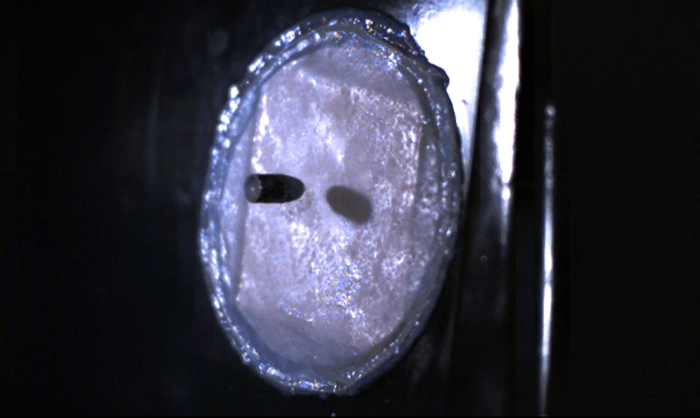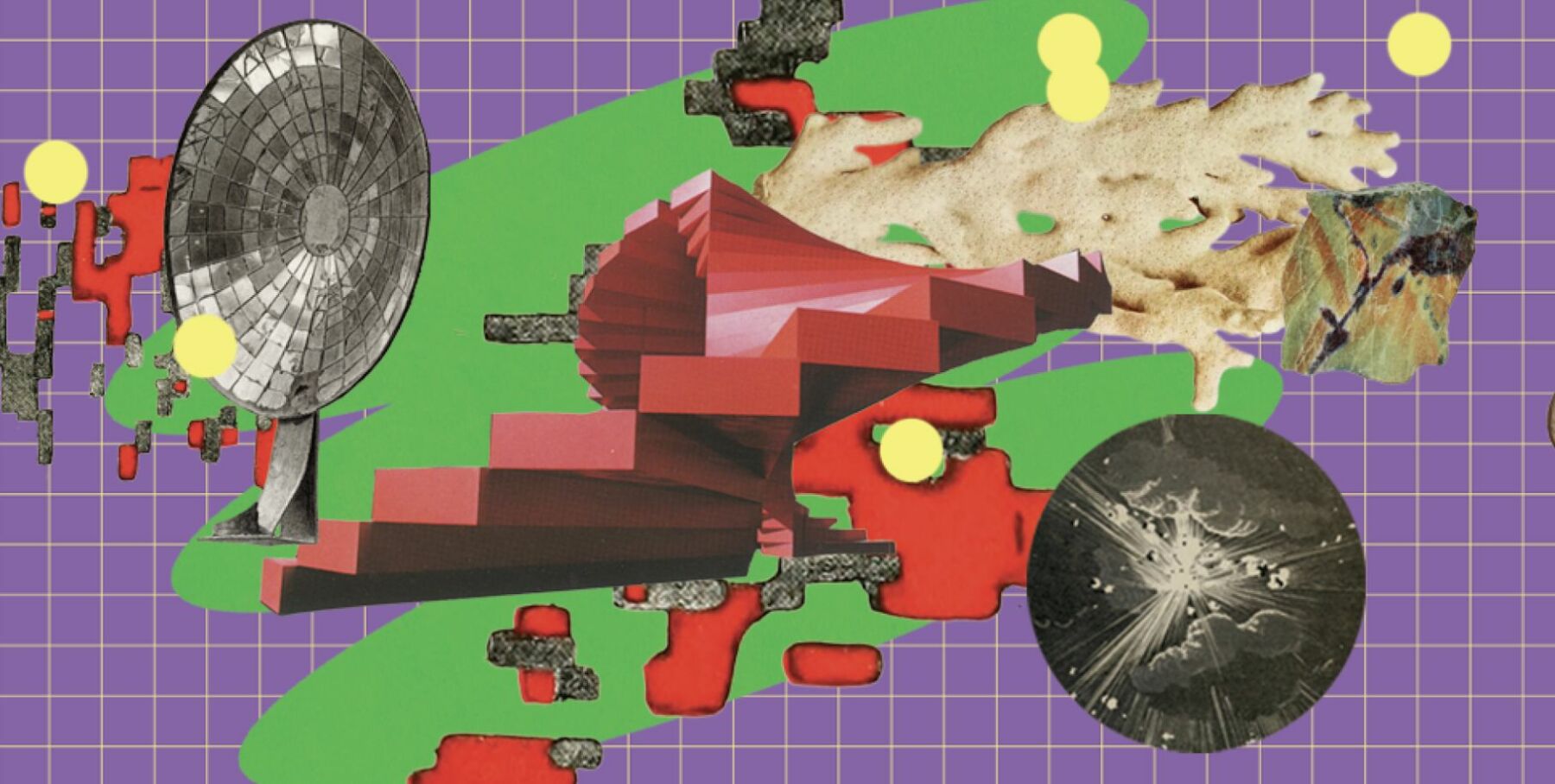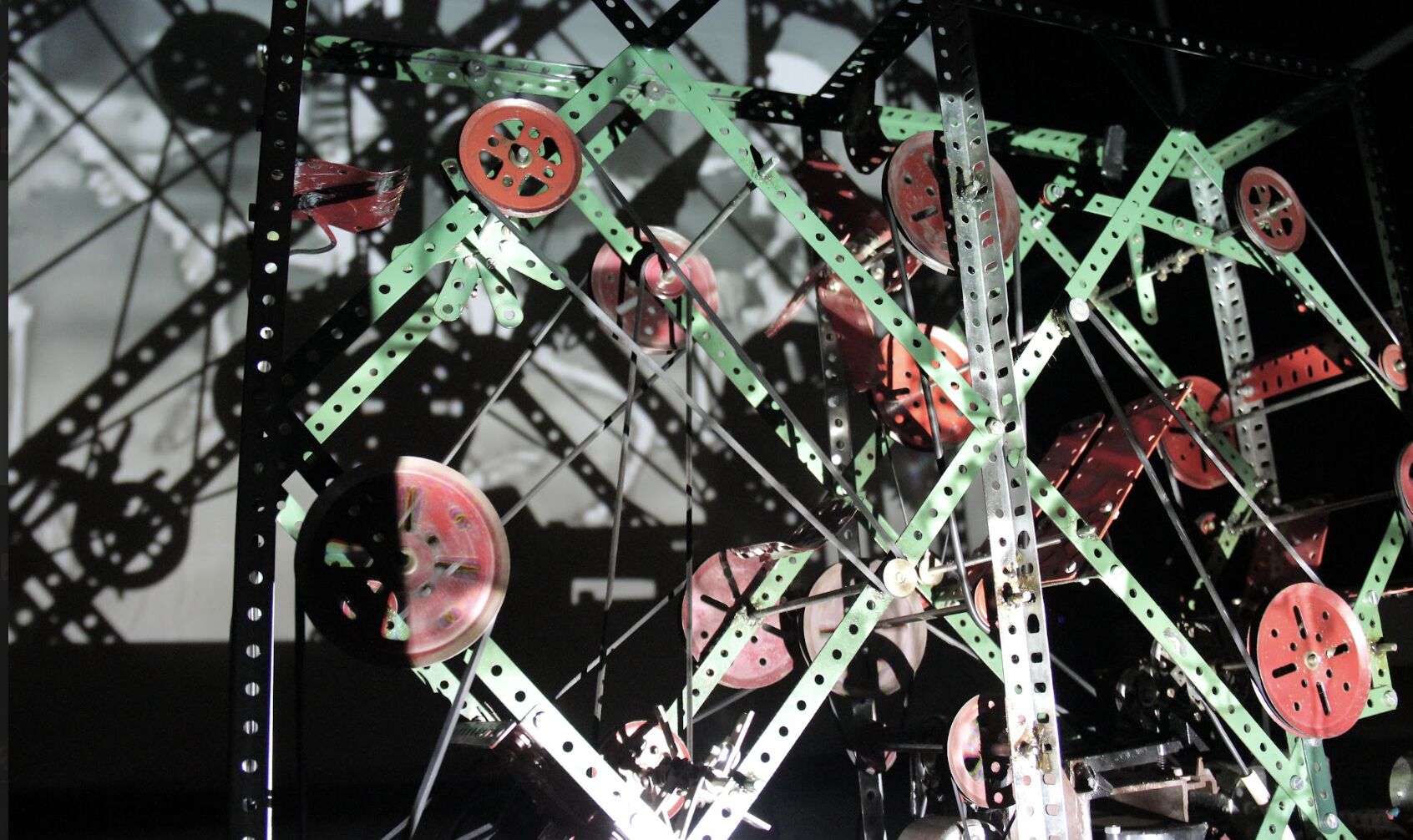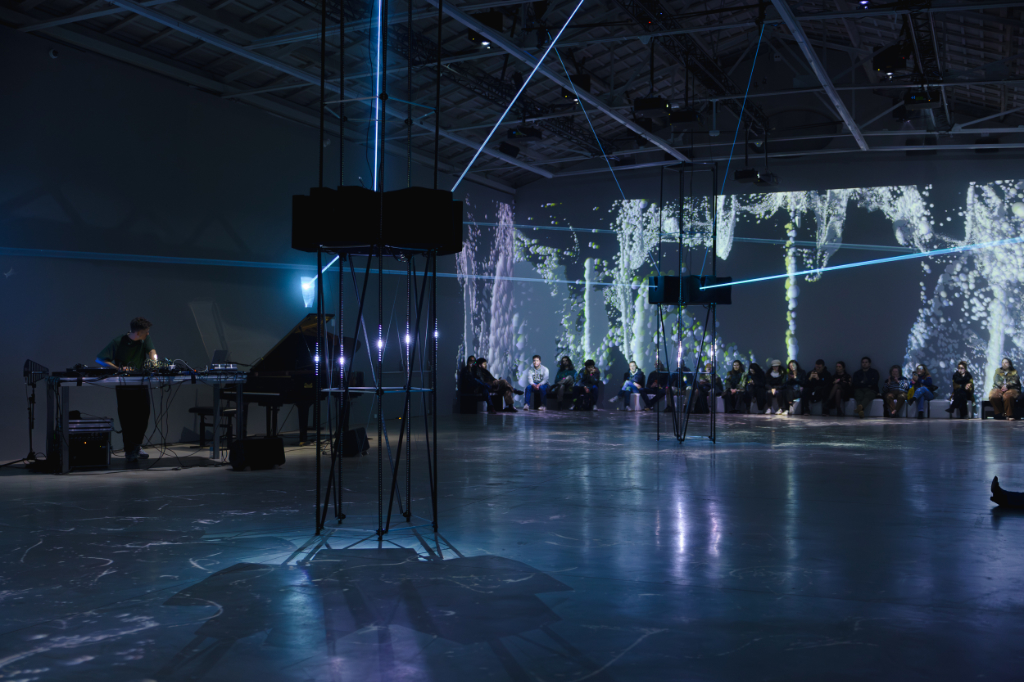Interview by Lula Criado
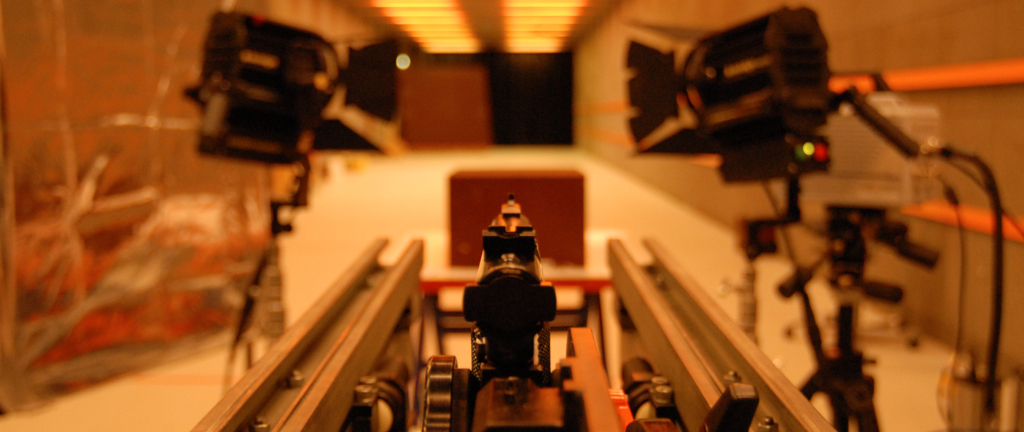
Stories have always inspired Biodesigner Jalila Essaïdi. Stories about safety, vulnerability and silk spiders. Stories about using silk in combat. Stories about Genghis Khan using silk in battle when he outfitted all of his horsemen with silk vests. Silk has always been an instrument in war.
Jalila Essaïdi —living and working in Eindhoven, The Netherlands— is blurring barriers between art and life science. Using biology and ecology as an artistic medium, she provokes criticism of social, political and ethical issues.
2.6g 329 m/s* —named after the weight and the velocity of a .22 calibre long rifle bullet— is a unique disruptive project which provokes the audience to question ‘Which forms of safety are socially important?’. With 2.6g 329 m/s, Essaïdi makes science fiction a reality by combining spider silk and human tissue to make bulletproof skin —a material stronger than steel which can stop even a bullet.
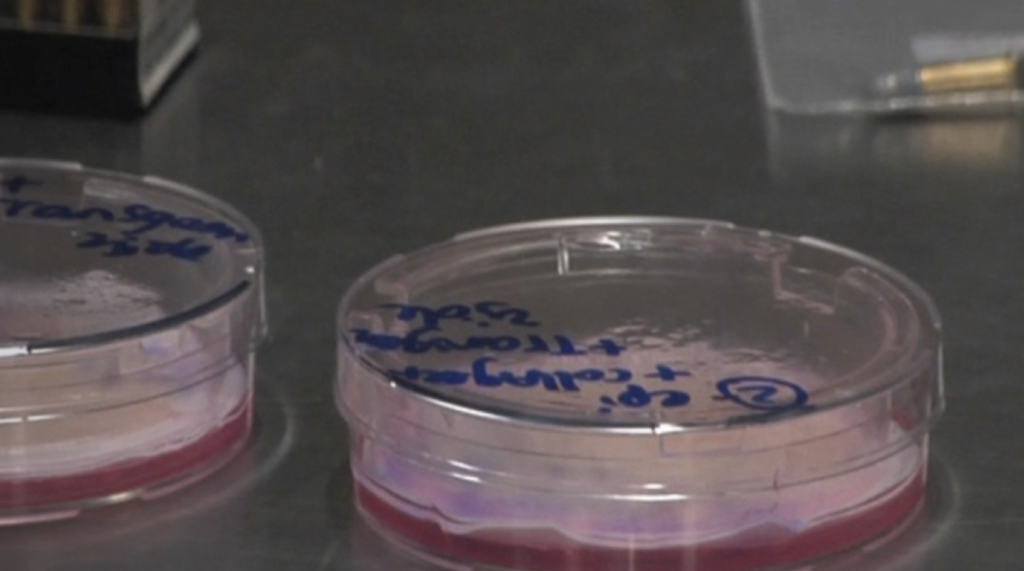
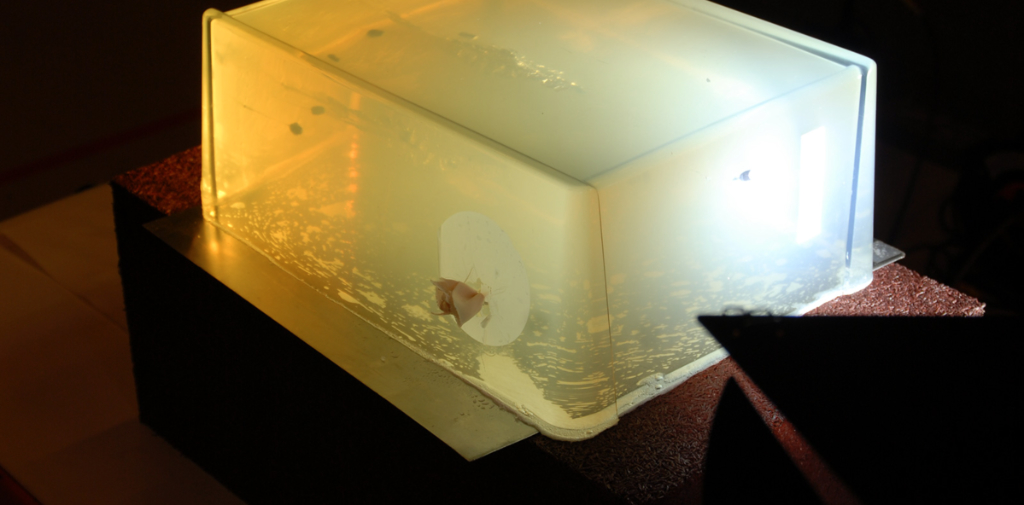
What do you most like and dislike about the period we live in?
You ask me to compare the period I live in with the abstract concept of many other periods, most of which I didn’t personally experience. I think this experience is critical to this question, and since I lived in the world before the Internet, I would choose instant access to information. Passing on information shaped our species (and I’m just a knowledge junkie). I can’t make up my mind what I dislike most, there are plenty of things need change, but all of these aren’t necessarily solely linked to just this period.
What is your chief enemy of creativity?
I am facing one right now. I must write my personal development- and multi-year focus plan for a grand. In my opinion, nothing is as bad for creativity as structuring and planning it ahead of time.
If you had to give up one of your five senses, which one would it be?
When talking about the five traditional senses, it would be a smell, without a doubt. I think it is the easiest one to replace externally. You don’t need all the complex data that this sense provides you. Since you are dealing with easily analysed gasses, you can translate these results into a Boolean warning, indicating if something is terrible (rotten eggs) for you or not.
If you expand the choice to include all the now-known senses, I wonder what life would be like without thermoception. I guess it is primarily an early warning system for another reason: pain.
What is the worst piece of advice you have been given?
“Don’t do that. It’s too risky”. Living life without taking any risks sounds like boredom.
Do you consider yourself an introvert or an extrovert?
Without a doubt, introvert, leave me on my own, and I’m content. There is nothing more to say about this.
One for the ride… Who or what was the last person, place or thing that fascinated you?
I am not easily fascinated. I can’t remember the last time this spark of intense interest hit me with its full force. Most of the time, the dots are too easy to connect to be fascinating. (Either that or I don’t know enough about a topic to be fascinated).
Perhaps the working of fascination itself fascinates me. What triggers fascination? I know there are examples in the neuroscience of people with brain damage who are in a constant state of bliss and fascinated by everything around them. Is there a relation to enlightenment here?

